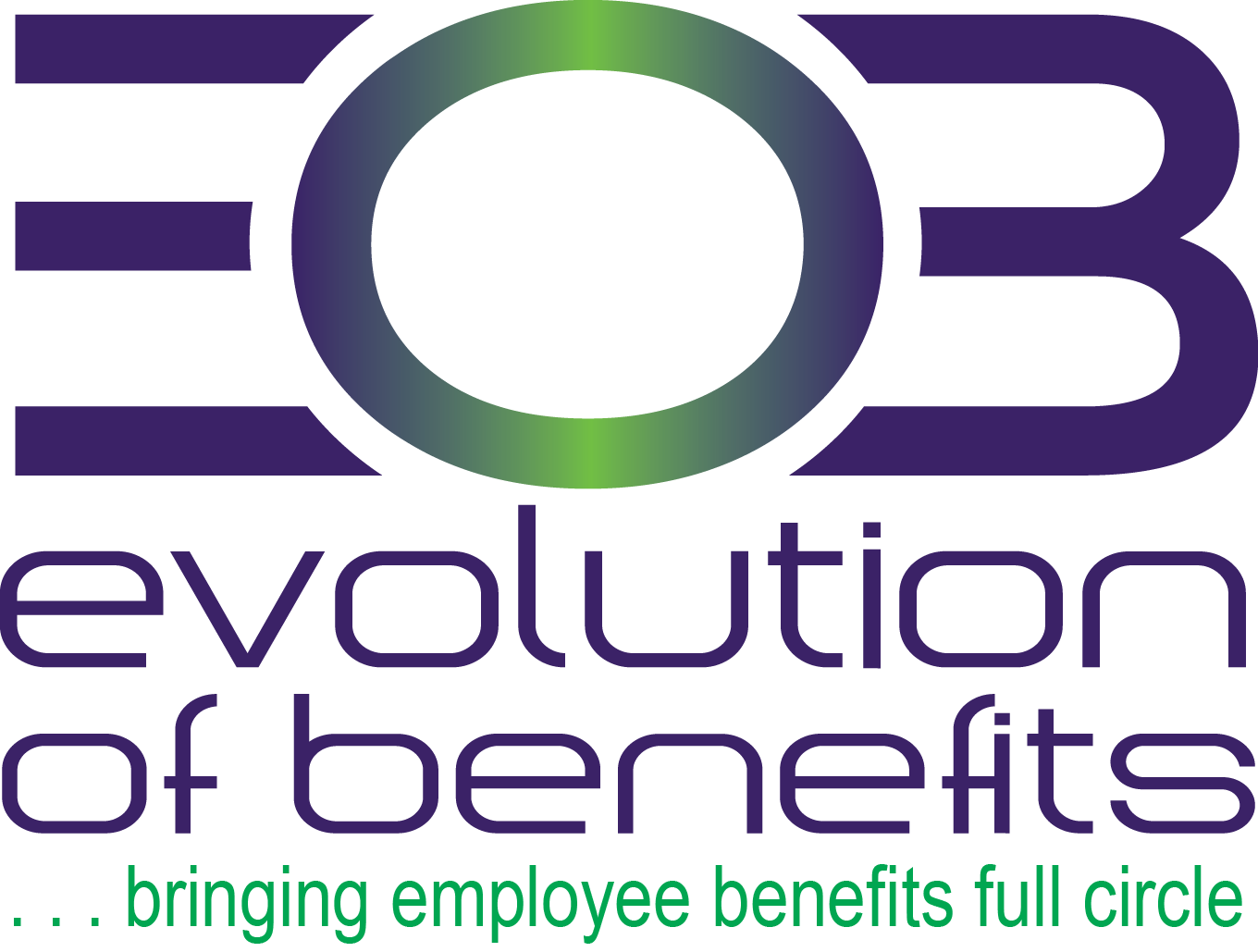Compliance Overview – Open Enrollment 2025 – Health Savings Accounts (HSAs)

Employers who sponsor high deductible health plans (HDHPs) that are compatible with health savings accounts (HSAs) should prepare for open enrollment by:
-Ensuring that employees understand how HSAs work, including the benefits of opening an HSA; and
-Updating their HDHP’s design and communicating any plan changes to employees.
There are many advantages to selecting an HDHP/HSA option at open enrollment time—for example, HSAs have three levels of tax savings and HDHPs typically have lower monthly premiums. However, many employees may not be aware of these advantages or understand how the HSA rules apply to them. Employers should help their employees understand key HSA features during the open enrollment process.
Mental Health Minute (August)

Zoning Out
“Zoning out” is a mild and common form of dissociation. Nearly everyone does it from time to time. Zoning out can serve as a coping mechanism when you are bored, tired, distracted, stressed, anxious or dealing with a difficulty in life.
Social Media
More individuals are using technology and social media platforms, such as Instagram and TikTok, to self-diagnose mental health conditions. While awareness and understanding of mental health issues are important, certain exposure to information on these platforms can be harmful. Getting an accurate diagnosis is key to mental health treatment and recovery.
Legal Update: Effective Date of DOL’s Retirement Security Rule Put On Hold

On July 25, 2024, a federal U.S. District Court in Texas stayed the effective date of the Department of Labor’s (DOL) final retirement security rule and certain amendments to class prohibited transaction exemptions (PTEs) until further order of the court. The final rule and PTE amendments were generally scheduled to take effect on Sept. 23, 2024.
Compliance Overview – 2025 Open Enrollment Checklist

To get ready for open enrollment, employers who sponsor group health plans should be aware of compliance changes affecting the design and administration of their health plans for plan years beginning on or after Jan. 1, 2025. These changes include limits that are adjusted for inflation each year, such as the Affordable Care Act’s (ACA) affordability percentage and cost-sharing limits for high deductible health plans (HDHPs). Employers should review their health plan’s design to confirm that it has been updated, as necessary, for these changes.
Benefits Buzz – 5th Circuit Requires Health Plans to Continue Providing Free Preventive Care

The 5th U.S. Circuit Court of Appeals recently ruled that a key component of the Affordable Care Act’s (ACA) preventive care mandate is unconstitutional. However, in a decision it referred to as a “mixed bag,” the 5th Circuit limited its ruling to the plaintiffs in the case, a small group of individuals and businesses from Texas.
The ACA requires non-grandfathered health plans and issuers to cover a set of recommended preventive services without imposing cost-sharing requirements, such as deductibles, copayments or coinsurance, when the services are provided by in-network providers.




























